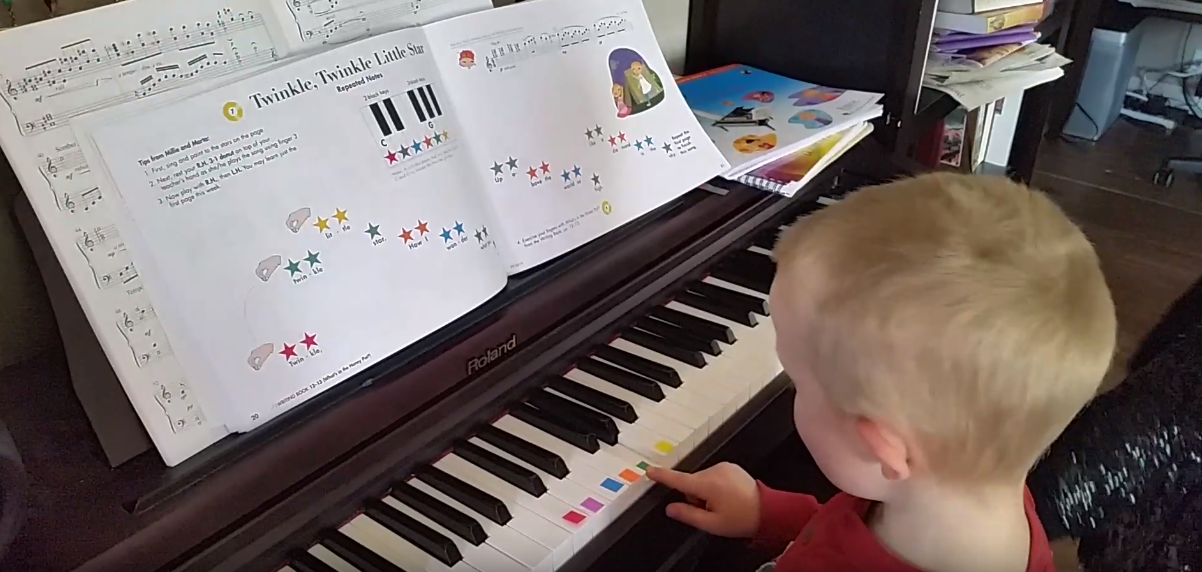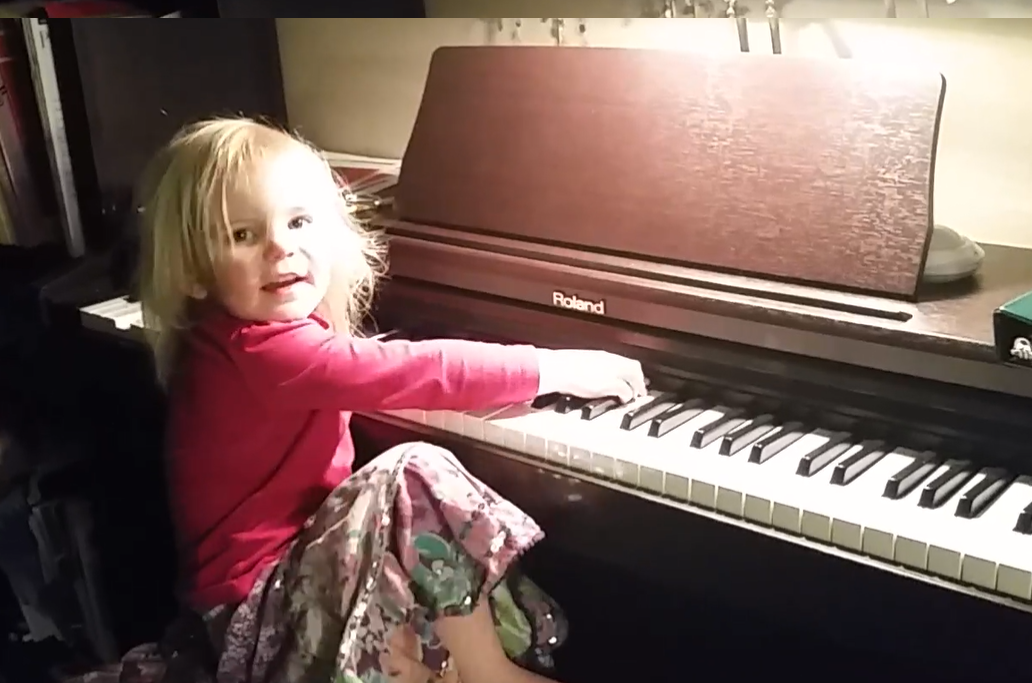Purposeful Practice for Students of Any Age
Practice Tips! It always seems to have the power to perk the ears of any musician or parent. Through my own experience, and years of collecting different ideas, I will share some of the most helpful advice when it comes to practicing.
Common Blocks For Students
Attention spans change with age, but for the most part the common reality is that practice needs to be engaging. Knowing the preferred learning method for a student is helpful, but a good rule of thumb is to change it up a little. Play on a different piano, “tap practice” on the
table or in the car, make up a story for the song, are just a few suggestions. Another block I see students struggle with is going too fast (which we often do whenever we are stressed or nervous, even as adults)! We have an adage “play slow, learn fast” and I encourage my students to store this deep in their memory. The last major block I will mention here is doing too much. Playing the whole song beginning to end over and over is often too much and will just solidify sloppy passages. Practice needs to be approached by breaking a song into bite-size pieces and parts. I recommend addressing the hardest/toughest part first.
Practice Makes Perfect
Have you ever heard this? Is sounds nice, but it’s only partially true. Practice only makes perfect if you practice perfectly. I can tell if a student hasn’t practiced. I can also tell if a student has practiced but did so incorrectly. Playing a song over and over doesn’t automatically make it good. Simply, it reinforces whatever was practiced. Therefore, practice makes permanent. Approach and play a song correctly and it will sound great!
Important Tips for Parents
Don’t use piano practice as a punishment. If possible, provide a quiet place for your child to practice and encourage your child to practice at the same time every day to establish a routine. The home piano should be fully functioning, contains all 88 keys, and in tune. Consider offering a fun challenge where you reward “x” amount of hours practiced with a special treat or prize. Finally, be engaged with what they are playing. For example, let them know what your favorite song is (it will probably become their favorite, too!)
Never Miss More than One Day in a Row
Improvement and growth are most prevalent when it’s a lifestyle. And the habit of daily practice reaps the most benefits. Think of how much time athletes spend practicing their sport every day. Now imagine this was adopted by piano students! Missing one day isn’t going to derail the practice train, but missing two days can easily turn into a week passing without any practice.
Free Resources
Check out the free resources under “Lessons” for more information.
This is a subtitle for your new post






